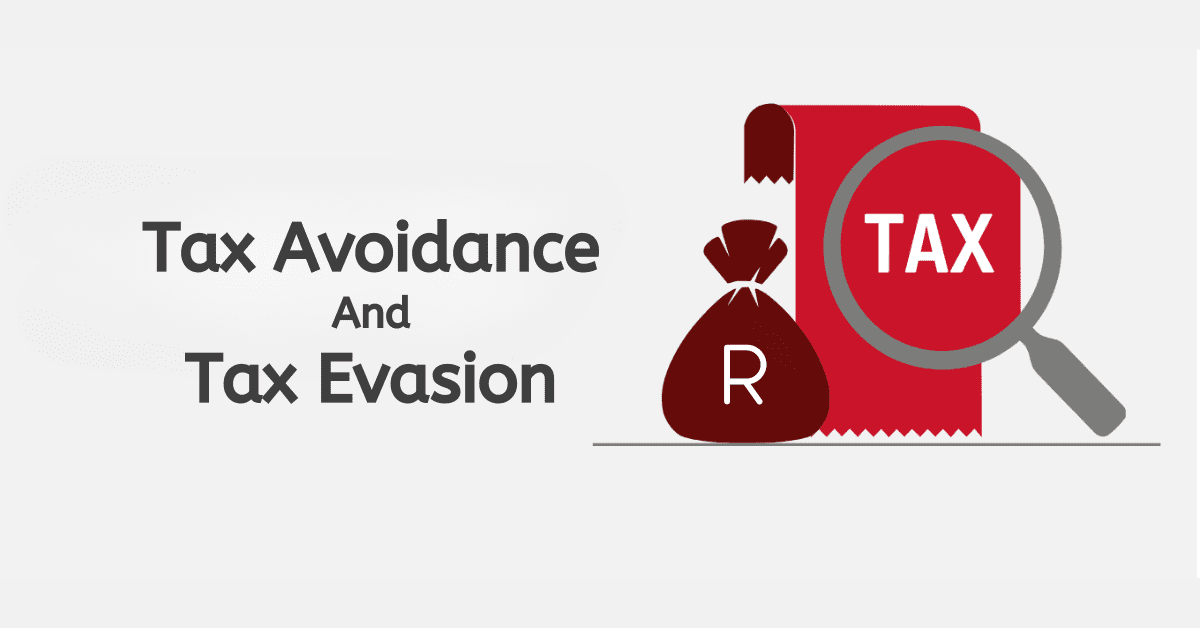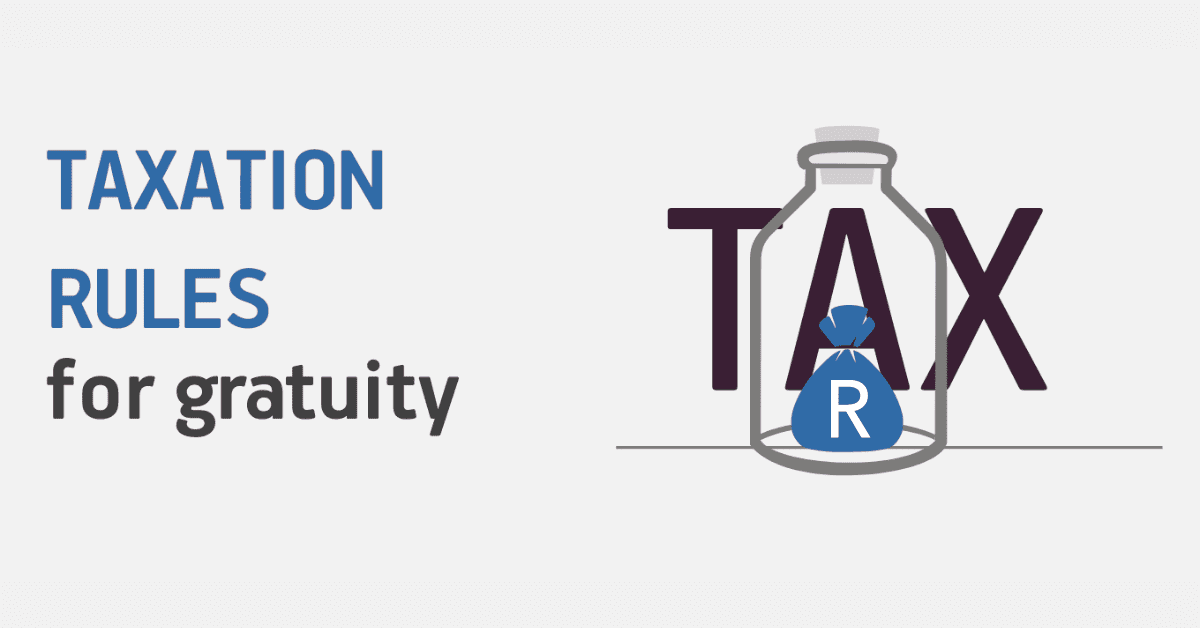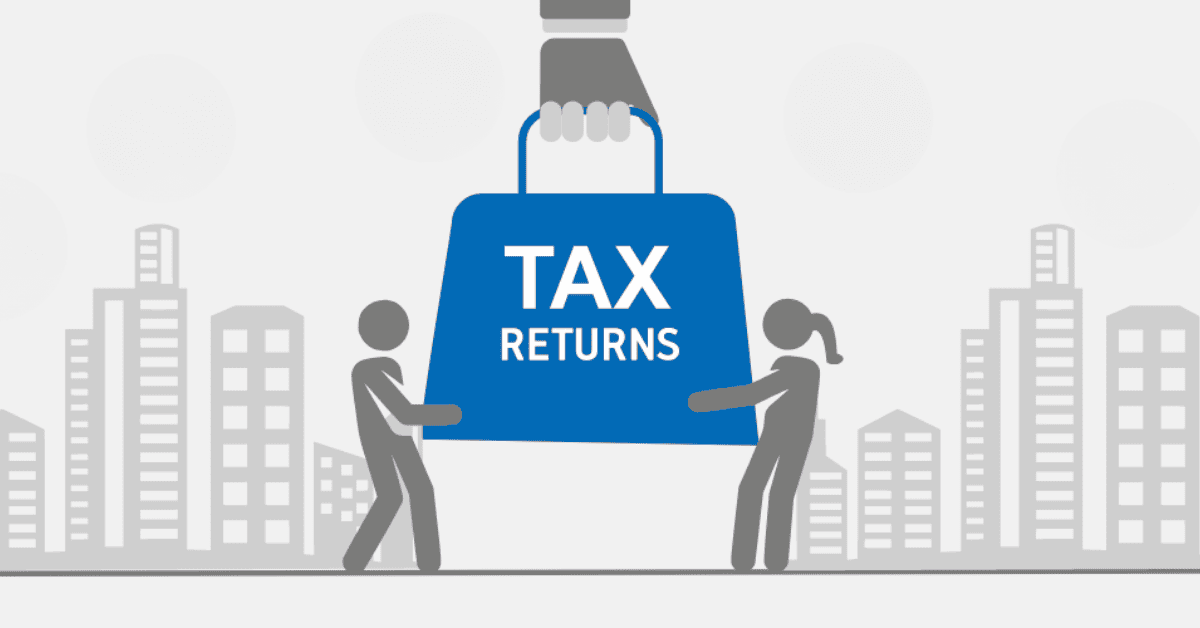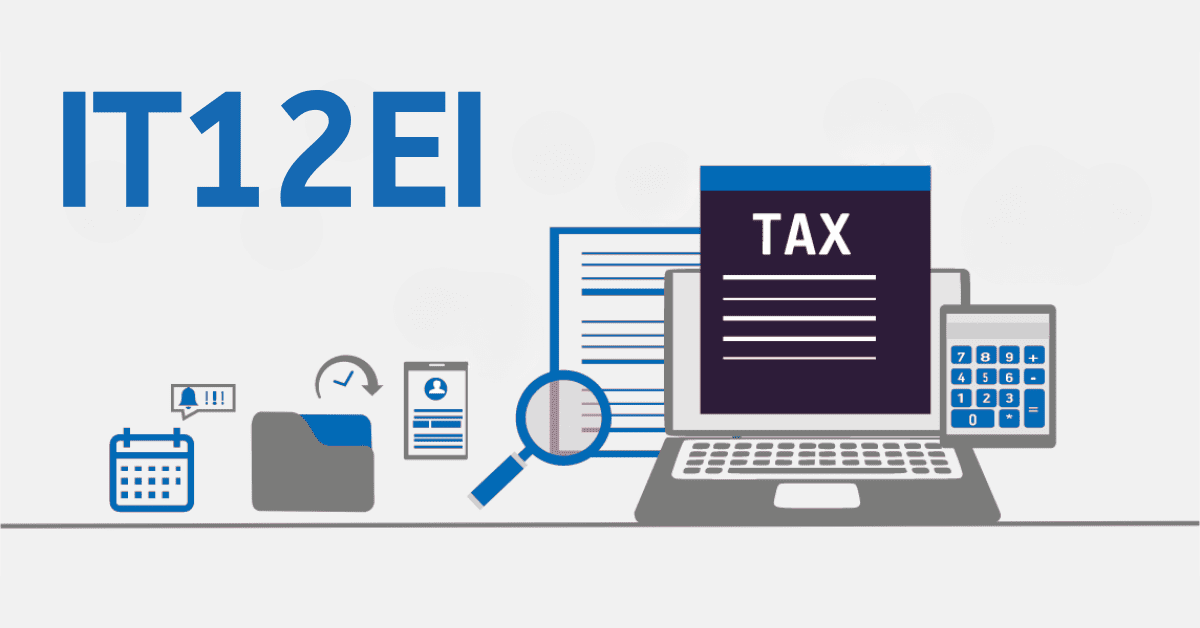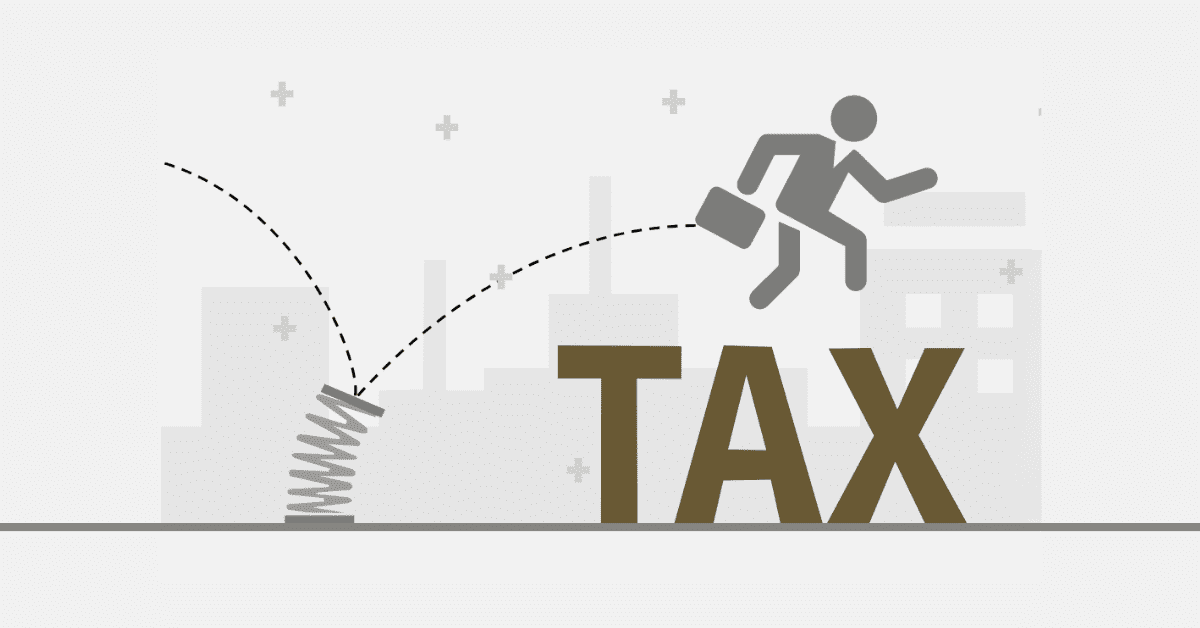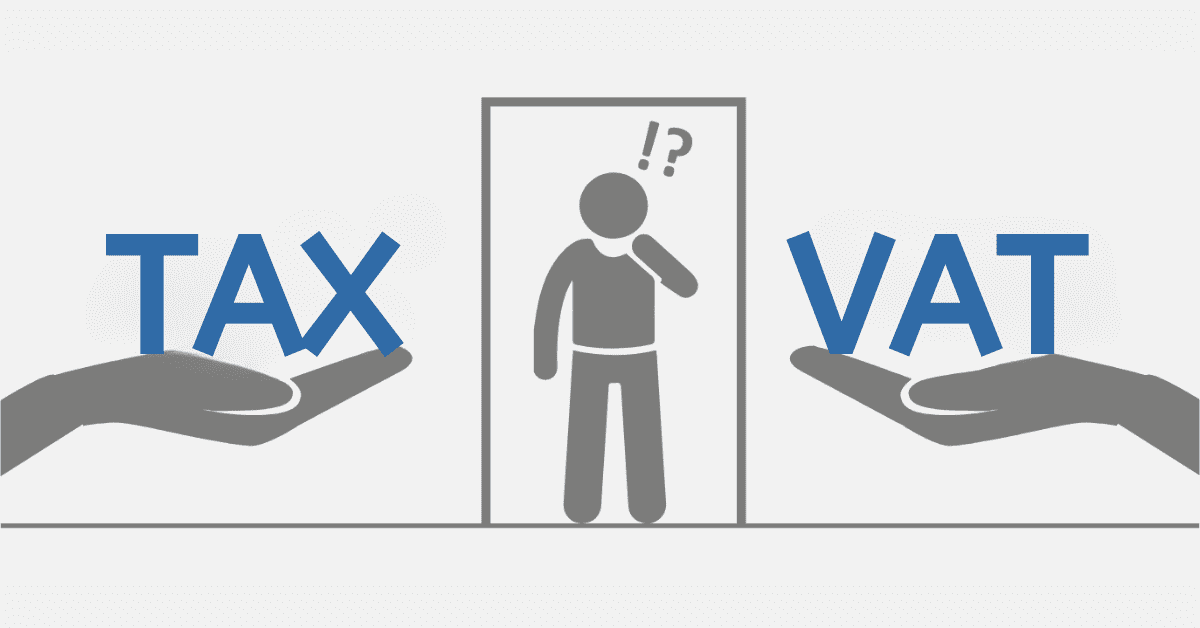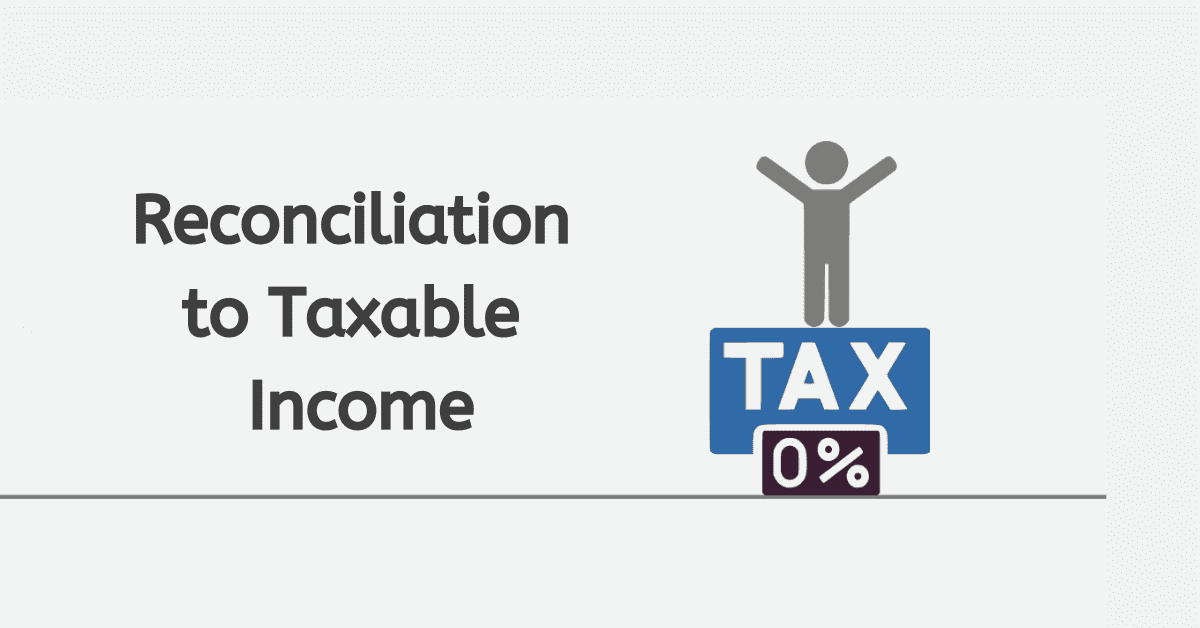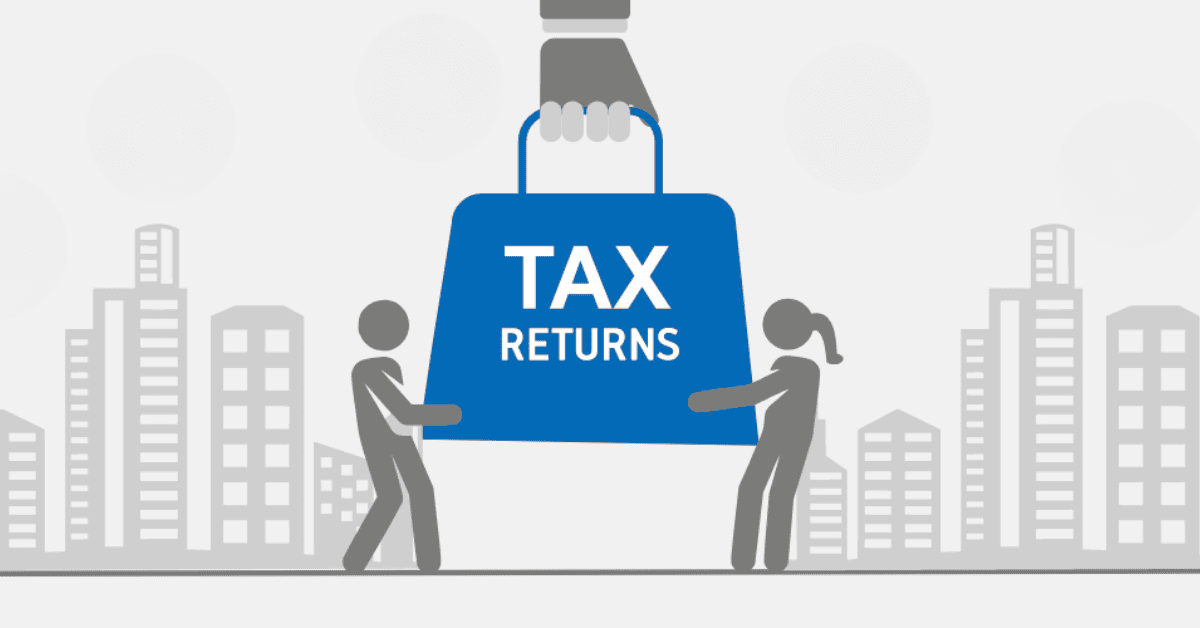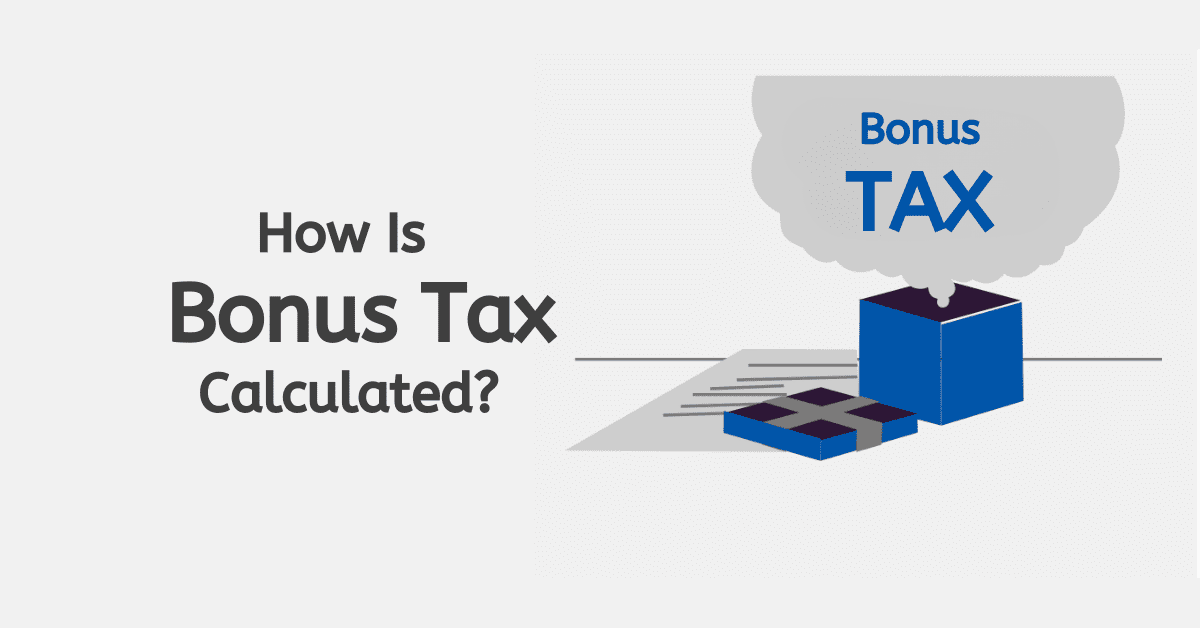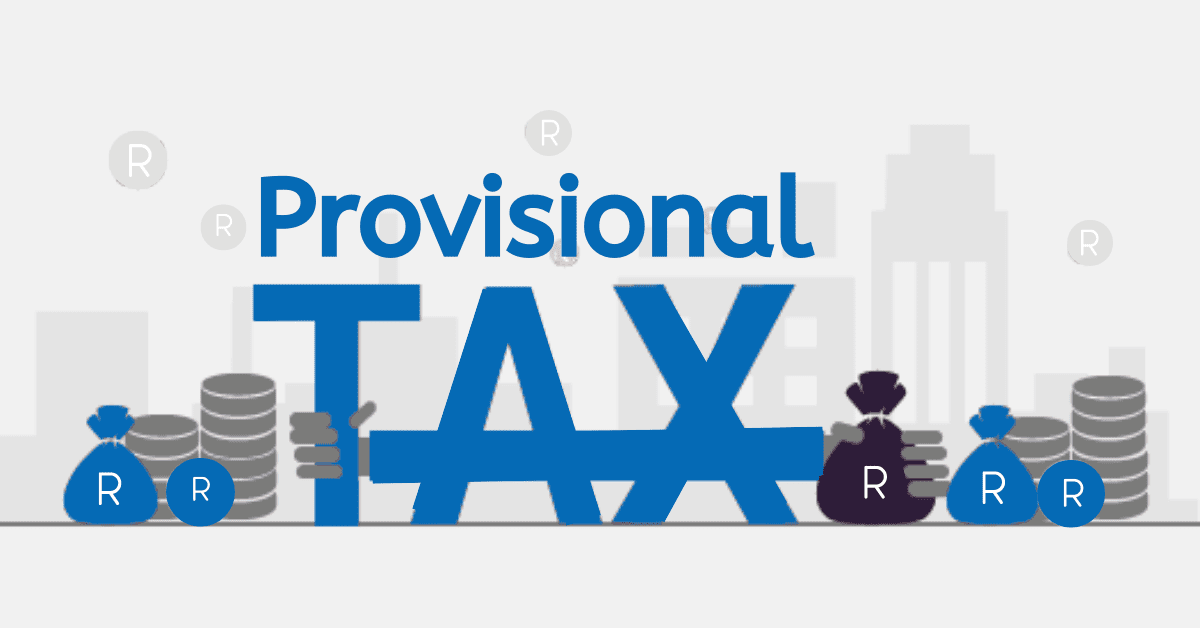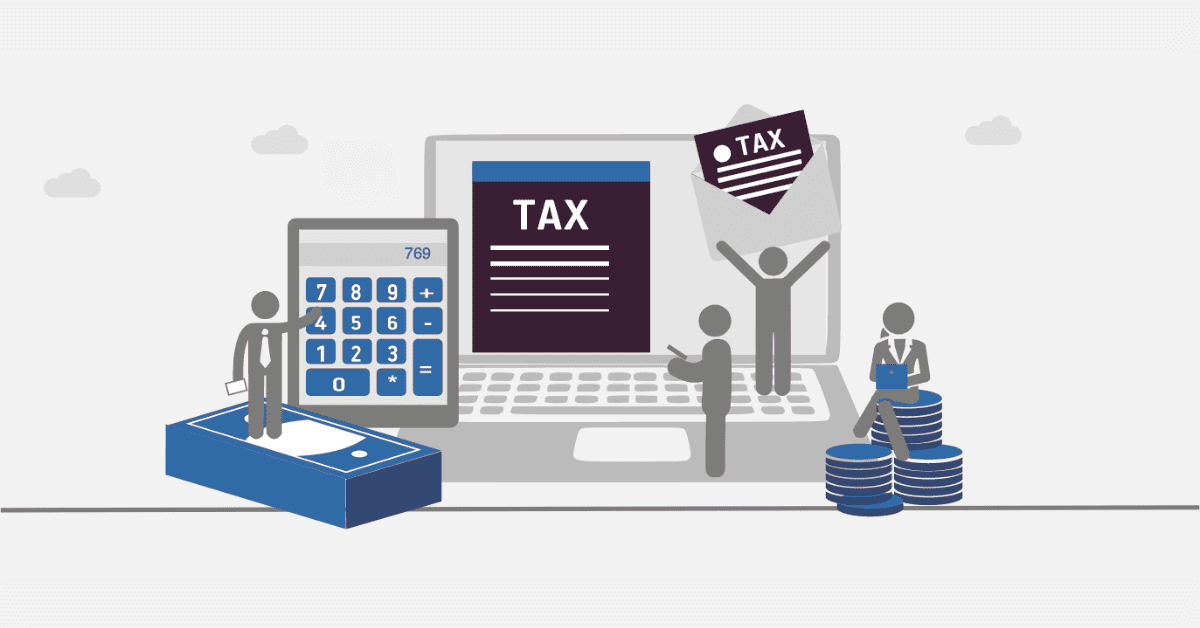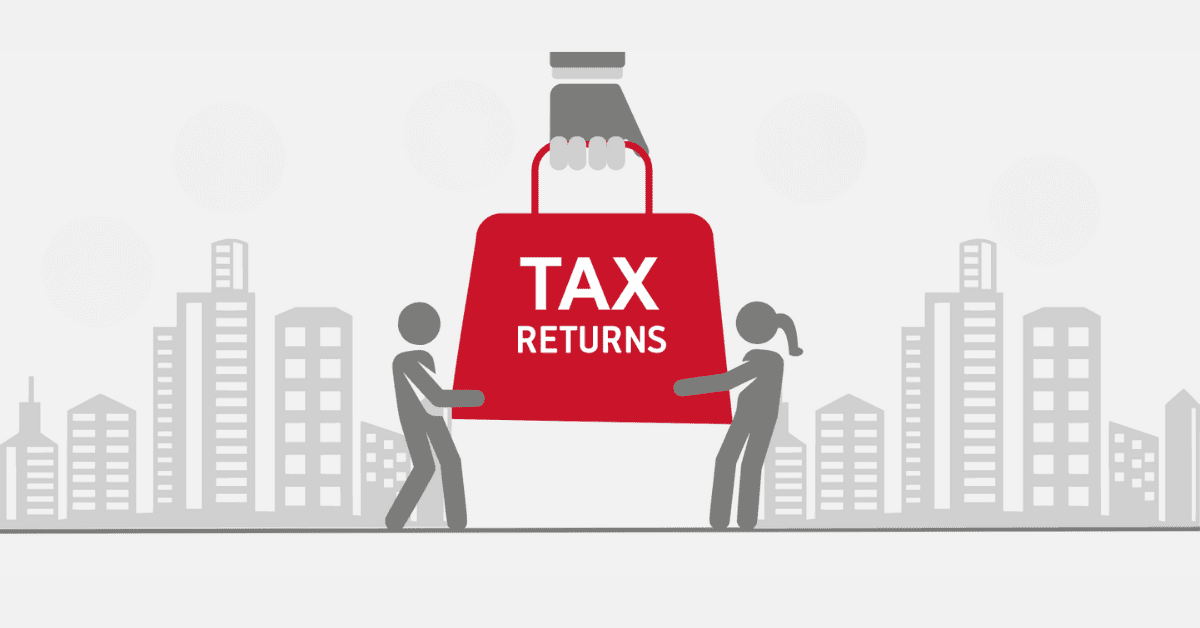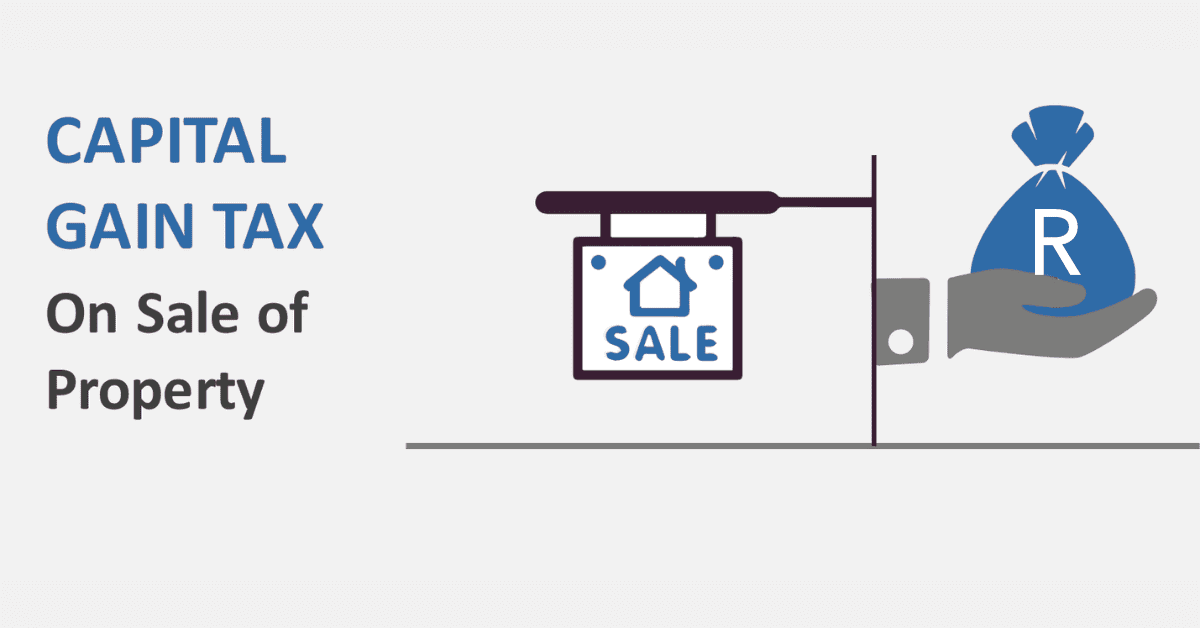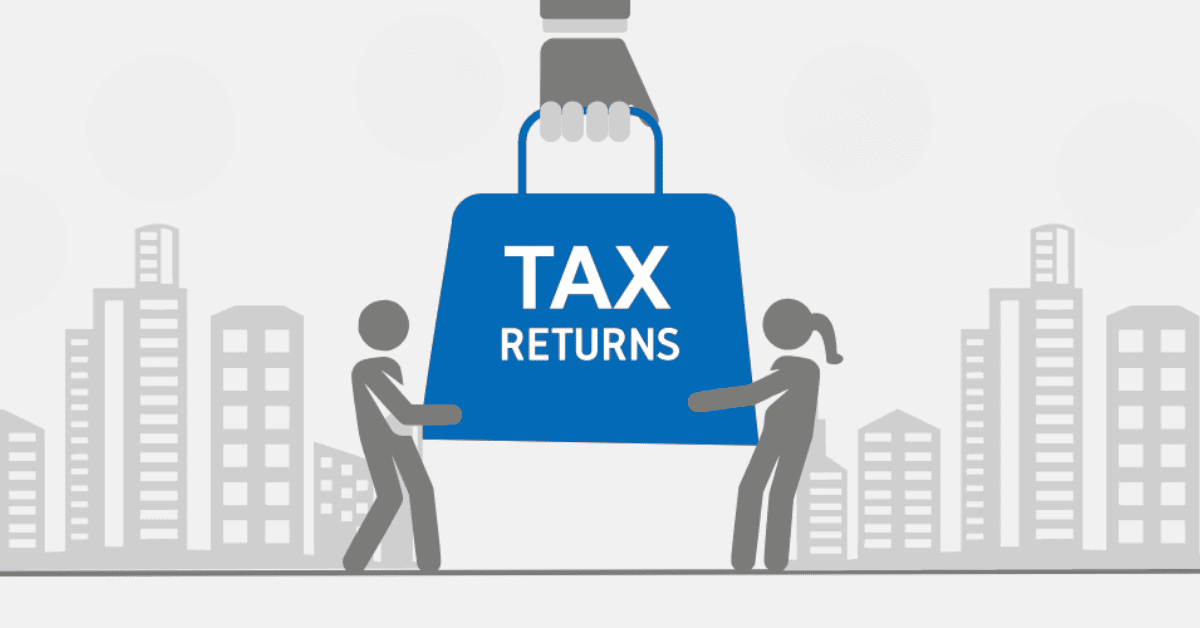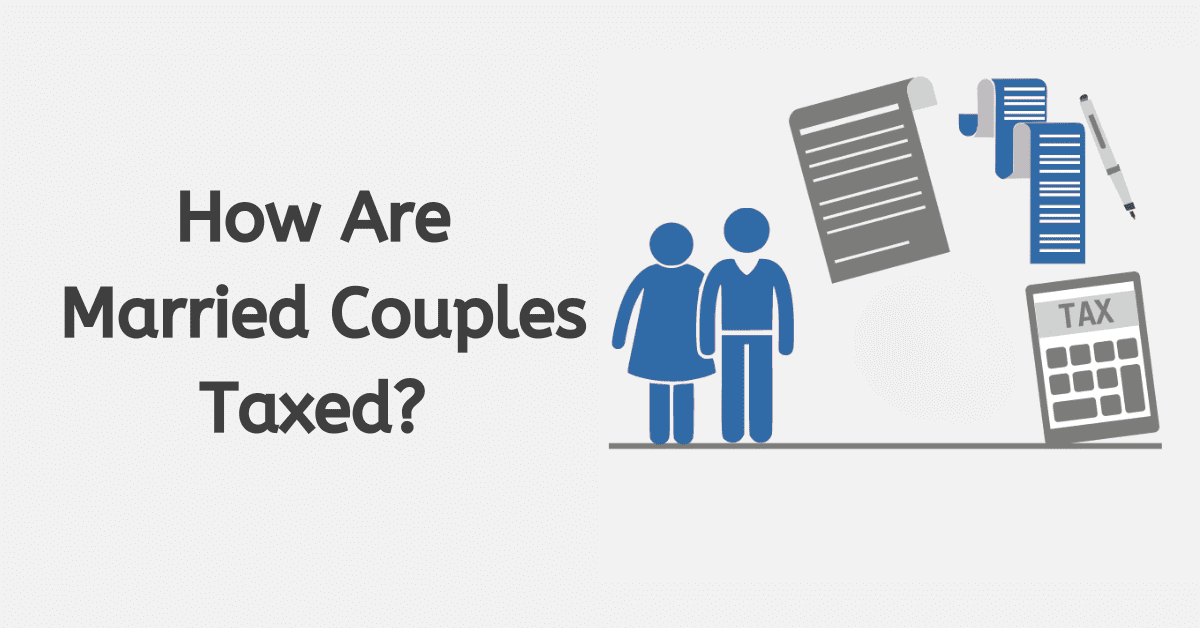Taxation can be a complicated topic for novices and amateurs. And even for the professionals and experts, there is always something new to learn.
Nobody wants to be taxed, but when you are tasked to pay your tax, you dare not evade it. Taxation is a broad topic, and while this may seem different among other countries or geographical areas, there is always one common thing. Knowing when to pay your tax and how to pay your tax.
In South Africa, there is a system called PAYE (Pay-As-You-Earn) where employers deduct income tax from their employee’s salaries and send it to the South African Revenue Service (SARS). This helps to maintain a consistent flow of tax revenue throughout the year. However, provisional tax is typically paid by individuals or businesses who earn income that is not subject to PAYE. The purpose of this method is to pay income tax in two smaller amounts, which helps to reduce the stress of a large tax payment at the end of the year. Both systems play a role in helping the government collect taxes effectively, ensuring a steady stream of revenue, and assisting taxpayers in handling their financial responsibilities.
Although it may not seem precise, this blog post will be centred on changing from PAYE to provisional taxpayer. More highlights will be on registering as a provisional taxpayer and calculating your first tax as a provisional taxpayer.
How do I change from paye to provisional taxpayer?
Provisional tax is a method that individuals or businesses use to pay their estimated income tax in advance. Typically, this is done through two or three instalments spread out over the financial year. Although many people are familiar with the convenience of Pay As You Earn (PAYE), there are several compelling factors to contemplate when thinking about switching to provisional tax.
One advantage of provisional tax is that it provides more flexibility for self-employed individuals and businesses that experience varying income levels. Using this tool enables individuals to engage in more precise tax planning, thereby mitigating the risk of facing financial burdens when settling their taxes at the end of the year. In addition, provisional tax can often lead to reduced administrative burdens compared to PAYE, which requires monthly calculations and deductions.
Transitioning from PAYE to provisional tax might feel overwhelming, but with a clear understanding of your financial circumstances and seeking guidance from a tax expert, you can make the process smoother. By embracing provisional tax, individuals and businesses can gain the power to manage their tax responsibilities effectively. This allows for a more seamless financial journey and may even help in minimising the chances of facing unexpected tax liabilities.
Changing from PAYE to provisional tax simply means you are not only earning a salary but other sources of income. If you are looking to make these changes, it is necessary to contact SARS and provide them with the relevant information. Your tax ID may not change, but the system will capture the expected tax and change the tax bracket on your behalf.
Also, SARS will take you through the tax law and provide you with enough support on how this change can be done.
When should I register as a provisional taxpayer?
Before you look at when to register as a provisional taxpayer, you must first understand what provisional tax is. Understanding the concepts helps you define your category and prepares you to start learning more about taxes.
A provisional taxpayer is someone who earns income (or has income coming in) that is not in the form of regular pay. If salary earners do not have any other sources of income, they are typically not considered provisional taxpayers.
In South Africa, if your total income (excluding sal ary income) surpasses the tax threshold set by the South African Revenue Service, it is advisable to register as a provisional taxpayer.
If you make money from things like renting out properties, investing, or doing freelance work, it’s probably necessary for you to register.
Furthermore, if you receive income that is not eligible for PAYE deductions, such as earnings from a business, it is essential to register. Provisional taxpayers are required to submit tax returns twice a year. These returns involve estimating their annual income and making two separate tax payments. If you fail to register and meet the provisional tax requirements, you may face penalties.
How is the first provisional tax payment calculated?
The first provisional tax payment is calculated entirely differently from the subsequent one. Using the preamble where Mr. TK earns an income of R750,000 every month, here is how his first provisional tax payment will be calculated.
If we assume it’s R750,000 per month, we can proceed with that assumption.
- If we assume that the income is received monthly, the taxable income for the period would be calculated as follows: R750,000 multiplied by 12 months, which equals R9,000,000.
- Next, you will need to calculate the tax amount for the entire year.
All things being equal on tax rebates and tax tables, here is an example that can help.
- The tax that is applied to your taxable income is called the “tax on taxable income.” The amount of tax you owe can be calculated by multiplying your taxable income by the applicable tax rate.
- If we assume a tax rate of 25% and a rebate of R12,000.
- The tax on your taxable income would be calculated by multiplying R9,000,000 by 0.25. The value of R12,000 is equivalent to R2,238,000.
- Next, we need to calculate the tax amount for the initial provisional payment.
- The tax for the period, calculated in two steps, is R2,238,000 divided by 2, which equals R1,119,000.
- Next, we need to deduct the amount of tax that employees have already paid during the first six months.
Assuming the value we are referring to is R0,
- The amount of tax paid by employees for the first six months is R0.
- To determine the amount owed for the initial provisional tax payment, check the steps that precede this.
- The provisional tax payable for the period is calculated by subtracting R0 from R1,119,000, resulting in a total of R1,119,000.
After considering the assumptions and performing the necessary calculations, it appears that the estimated amount of provisional tax payable for the given income is R1,119,000.
In South Africa tax rebates and reliefs may apply at some points; therefore, the example is given, and the steps above are hypothetical.
How do I pay my SARS provisional tax?
To make provisional tax payments, taxpayers currently utilise eFiling, which is SARS’s online submission portal.
To request their necessary IRP6 return, taxpayers must register on this platform. In order to pay your provisional tax to SARS, you would need to learn how to use the online system to make all relevant payments.
What is the penalty for provisional taxes in the SARS?
When it comes to dealing with provisional taxes in the South African Revenue Service, it is crucial to navigate with precision.
If your provisional tax payment is late, there can be a penalty of 10% added to the amount owed, and interest will also accrue on a daily basis. In cases where SARS finds out your income has been undervalued, you could additionally pay an extra 20% penalty on all pending taxes.
Tax compliance can be quite complex, as it involves various penalties that encourage taxpayers to carefully adhere to deadlines and accurately calculate their owed amounts.
Who qualifies as a provisional taxpayer in South Africa?
The qualification for a provisional taxpayer defines who is liable to pay provisional taxes. There are certain requirements or criteria an individual must fit in others to be liable to pay provisional taxes.
Here are some key factors that qualify one as a provisional taxpayer in South Africa.
- Company/firm or Trust
- An individual who earns other income rather than salary or remuneration based on the tax law section 81.
- If the individual informs SARS that he is a provisional taxpayer
